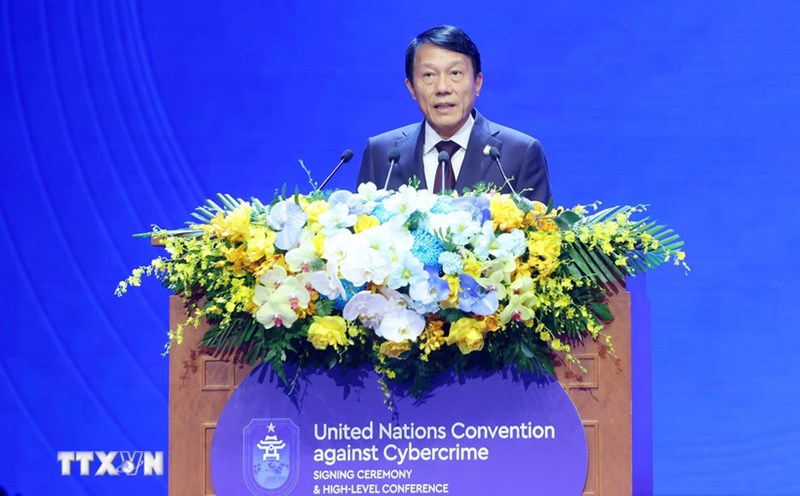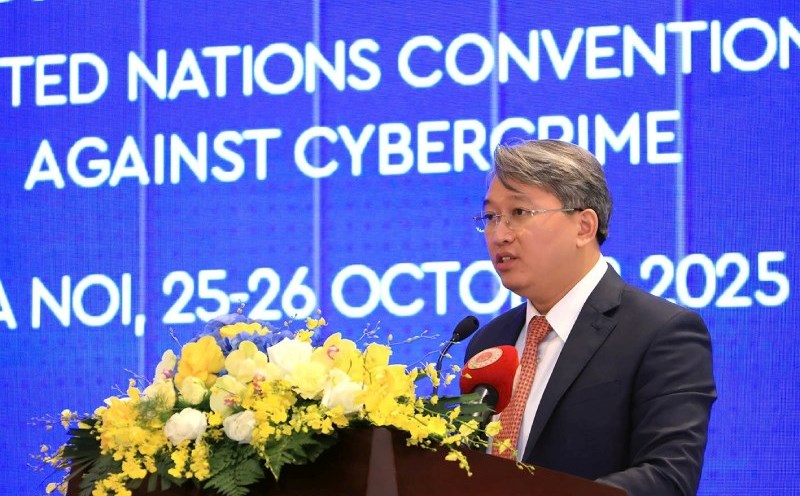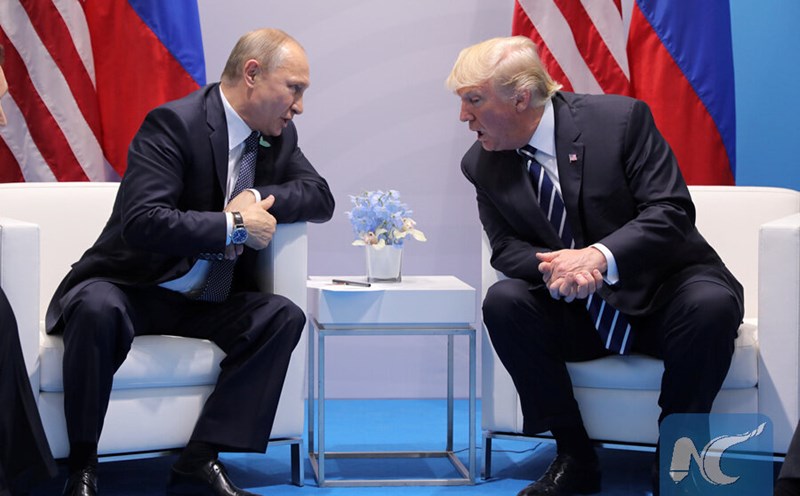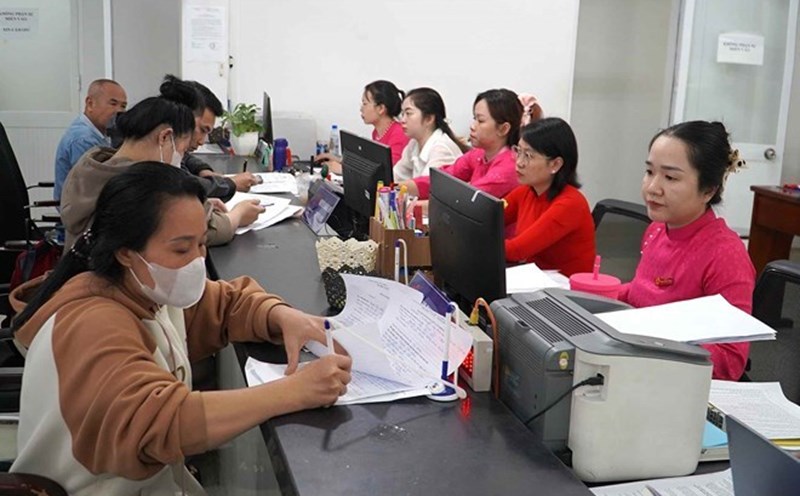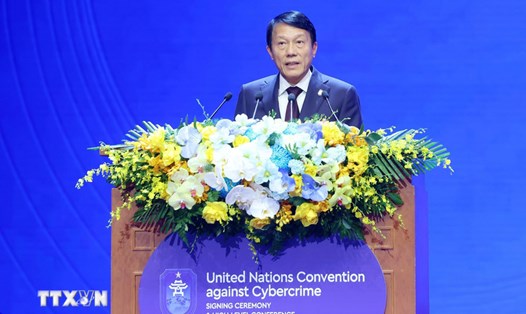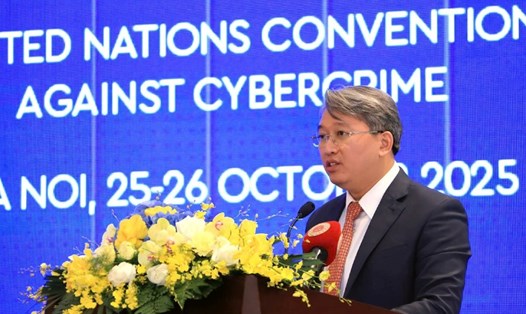Increasing types of cybercrime, fraud to appropriate property
According to the 10th Session agenda, on the morning of October 31, the National Assembly listened to the presentation and report on the review of the draft Law on Cyber Security.
The Government's submission stated that personal data is being exploited and used freely, lacking principles and management, leading to the situation of disclosure, leakage, buying and selling, and personal data violation becoming popular and increasingly serious, leading to an increase in cybercrime and fraud crimes.
In fact, in the first 6 months of 2025, 25 cases related to the information systems of a number of agencies and units were discovered with weaknesses, serious security vulnerabilities, and malware infections; loss of administrative accounts and user accounts; 56 cases related to advertising activities, information sales, personal data on group forums, and blogger websites with nearly 110 million records.
High-tech activities to commit crimes, violate social order and safety are becoming increasingly complicated, causing public outrage, causing great property damage to people, especially fraud, property appropriation, gambling and organizing gambling, disseminating obscene cultural products, buying and selling weapons, explosives, drugs, and fake degrees.
In particular, foreign criminal groups tend to shift to Vietnam to commit crimes with many new, more sophisticated activities, concentrated in provinces, big cities, tourist areas, coastal areas with strategic and essential security and defense positions such as Ho Chi Minh City, Hai Phong, Quang Ninh, Nha Trang, Da Nang, etc.
The above context and situation have created urgent requirements such as prevention and handling of cybersecurity violations; cybersecurity protection activities; cybersecurity technical standards and regulations; trading of cybersecurity products and services; conditions for ensuring cybersecurity.
Protecting national sovereignty, human rights and cybersecurity
This draft law adds 1 law article regulating data security. Currently, data is a national asset, an extremely valuable input material for every digital ecosystem and digital transformation. However, current regulations only focus on the issue of exploitation, use, and processing of data for digital transformation, and do not yet regulate data security; therefore, adding to the Law on Cyber Security is very urgent.
The draft adds 1 clause in the law regulating the responsibilities of enterprises providing services in cyberspace. Accordingly, businesses providing cyberspace services are required to identify the internet address (IP address) of organizations and individuals using internet services, provide them to specialized forces for network security protection to serve State management and ensure network security.
IP addresses are similar to real-life home numbers and residential addresses, which are the most important basis for determining information, location, and terminal devices for access, use, and operation on the internet. The identification of internet addresses for national security, order and social safety protection in recent times has had many shortcomings and limitations, not meeting professional requirements, the rate of internet address searches with subscriber information is not more than 40%, causing great difficulties for the protection of national security, order and social safety of the police force.
Supplementing regulations on cybersecurity protection funds of agencies, organizations, state-owned enterprises, and political organizations must ensure at least 10% of the total budget for implementing projects, programs, investment plans, applications, and development of information technology.
Delegate Nguyen Thi Minh Trang (Vinh Long Delegation) suggested that it is necessary to strengthen solutions to prevent and combat fraud crimes in cyberspace, because fraud and property appropriation crimes in this field currently account for 59%.
Delegate Nguyen Thi Yen Nhi (Vinh Long Delegation) said that the Hanoi Convention - United Nations Convention against Cybercrime has been signed by 72 countries, which will help countries have a mechanism for cooperation in the work of preventing and combating cybercrime, protecting national sovereignty, human rights and cyber security. The remaining issue is the implementation process to be truly effective.
To prevent high-tech crimes, the delegate also said that it is necessary to build a strict legal framework, perfect the Law on Cyber Security, the Law on High-Tech Crimes... to clearly stipulate the punishment for online kidnapping with a truly strong sanction. Request cross-border platforms to sign a commitment to report removing the violating content and publicize handling data with financial fines or temporarily suspend advertising if these platforms do not comply with regulations.
According to delegate Nguyen Thi Yen Nhi, it is necessary to strengthen international cooperation, establish a mechanism for information exchange, coordinate investigations with countries and international organizations to break up the cross-border criminal network, and support repatriation and reintegration for victims.
Delegate Trinh Xuan An (Dong Nai Delegation) proposed to focus on ensuring national security in cyberspace, cleaning cyberspace; thoroughly handling and eliminating the exploitation of social networks to violate the law; preventing acts such as "cyber fraud" and "reporting power" in cyberspace, taking advantage of social networks to disrupt profiteering and violate the law.
I suggest that the Government soon make the contents of the Hanoi Convention on Cybercrime Prevention legalized and put this Convention into practice as soon as possible, suggested delegate Trinh Xuan An.


